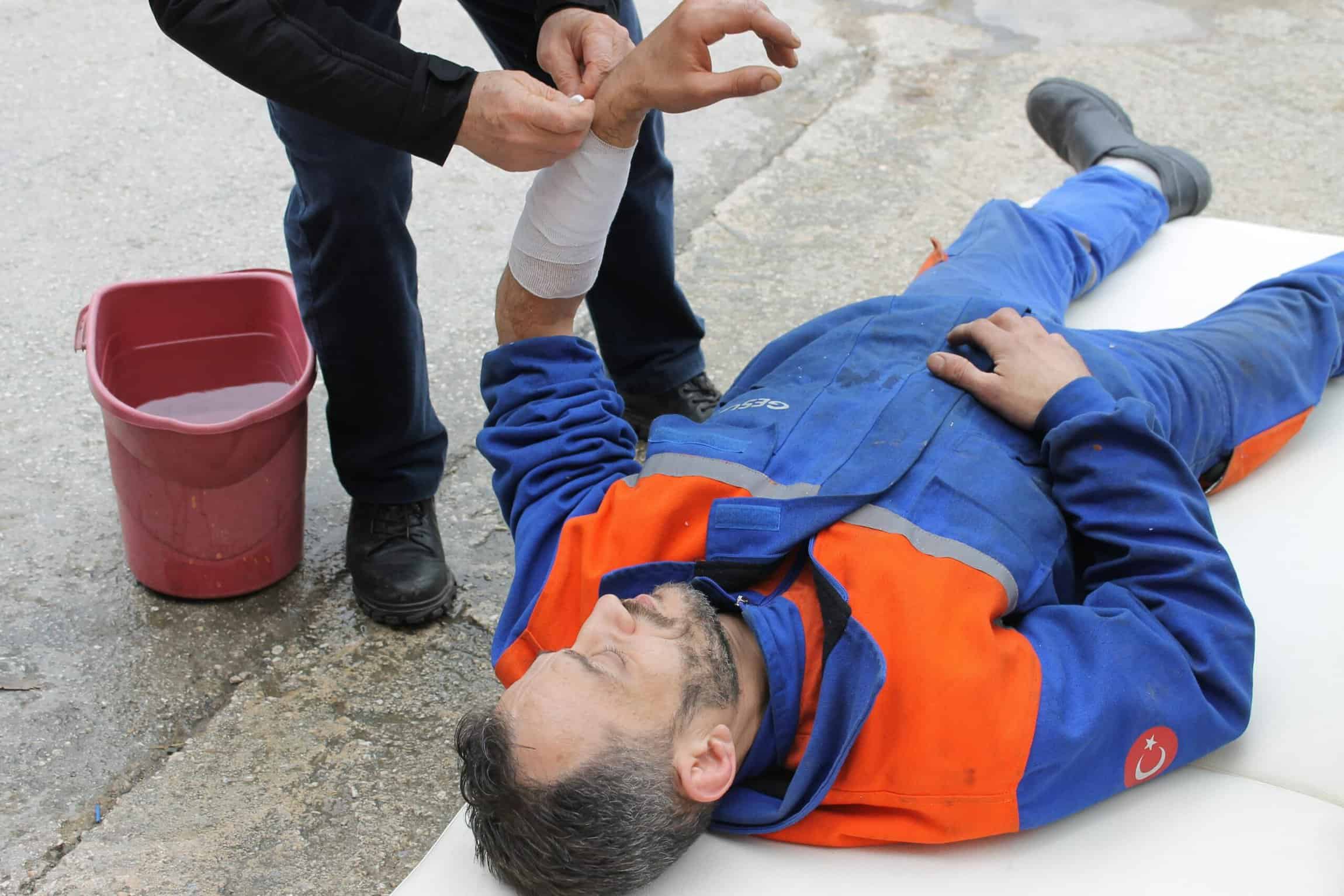As frigid temperatures and dangerous winter conditions descend on much of the country, workers and employers must pay attention to the risks of weather-related work injuries. Even though Virginia workers’ compensation law covers a job-related injury from severe cold or heat, it’s important to know the signs of weather-related injuries and prevent the injuries by taking precautions to avoid them. If you do receive a weather-related work injury, you should talk to an experienced workers’ compensation lawyer to make certain you receive the compensation you deserve.
Cold Weather Job Injuries
Workers who perform their job duties outdoors are at the highest risk of injury from extremely cold weather conditions. Employees who work in refrigerated conditions face similar risks.
Frostbite is the most common injury from exposure to cold temperatures. Tingling, numbness, or a prickly sensation on skin is an early sign of frostbite, as is a change in skin color to red, white, blue, or gray. Hard skin or blistering when the skin warms again also indicate frostbite. Symptoms of frostbite usually begin in fingers, toes, the tip of the nose, or the chin. As soon as any symptoms occur, it’s critical to get to a warmer place and seek immediate medical treatment.
Hypothermia is another risk of prolonged exposure to cold weather. The condition occurs when a person’s blood vessels contract, which reduces oxygen flow. If a person’s body temperature falls below 95 degrees, muscle movement and brain activity slow. Speech may also be slurred. A person suffering from hypothermia eventually loses consciousness and can freeze to death.
Another condition that can occur in cold temperatures is immersion foot syndrome. The condition is commonly called trench foot, a name that came about in World War I because soldiers in trenches often suffered it. If a worker’s feet get wet or damp, their feet will swell and discolor, with pain and ulcers resulting. Permanent tissue and nerve damage may result if the condition is not treated.
Any of these weather-related conditions may cause the need for medical treatment and even hospitalization, which will be covered by workers’ compensation if they happen while you are performing your job duties. Workers’ compensation also covers injuries from a slip and fall that occurs on the job due to weather conditions or injuries received in a vehicle accident during work, either of which could also lead to a third-party claim in addition to a workers’ comp claim.
Work Injuries From Heat
Just as exposure to cold weather can cause worker injuries, working in high temperature conditions leads to on-the-job accidents and injuries. Work is more difficult to perform in heat, because blood vessels expand to accommodate increased blood flow. Eventually, the worker has a more difficult time cooling off.
Medical conditions resulting from overexposure to hot conditions include heat rash, heat cramps, and heat exhaustion. Heat stroke is the most serious condition that can occur when working in high temperatures.
Heat stroke occurs when a worker has a body temperature of 105 degrees Fahrenheit or more. Hot, dry, and flushed skin with no sweating is a symptom of heat stroke. Headaches or nausea may also occur. Eventually, a worker suffering heat stroke can lose consciousness, or become delirious, confused, disoriented, convulsive, or even comatose. The condition can be fatal, so getting immediate medical attention for suspected heat stroke is imperative.
Even conditions less serious than heat stroke can have severe health repercussions and should never be ignored.
Prevention of Weather-Related Work Injuries
Employers can do a lot to prevent on-the-job injuries from exposure to cold and heat. An employer’s responsibility for providing safe working conditions for all employees includes making available appropriate protective gear for cold weather, as well as ensuring that working conditions take weather into account. The same principle applies when workers perform their jobs in hot and humid conditions.
Workers should take breaks as necessary to warm up or cool down, depending on the conditions. Keeping clothing dry in cold weather is also important. In hot weather, staying hydrated is critical. Drinking water or another appropriate beverage is essential, as is avoiding caffeinated beverages.
Every worker should be sensitive to any symptoms of the potential adverse effects of working in cold or heat. As soon as any sign appears, getting immediate medical attention is essential. Being alert to symptoms in co-workers is also important, because sometimes a person isn’t even aware that they are suffering symptoms of overexposure to heat or cold.
Schedule a Free Consultation with our Virginia Workers’ Compensation Attorneys
If you receive a weather-related work injury, you deserve to receive the maximum benefits you are entitled to under the workers’ compensation law. To accomplish that goal, you can count on our experienced workers’ compensation attorneys. Our Richmond injury lawyers at Renfro & Renfro are here to help with your claim and work with you closely throughout the entire process. We welcome you to contact us for a free consultation.






